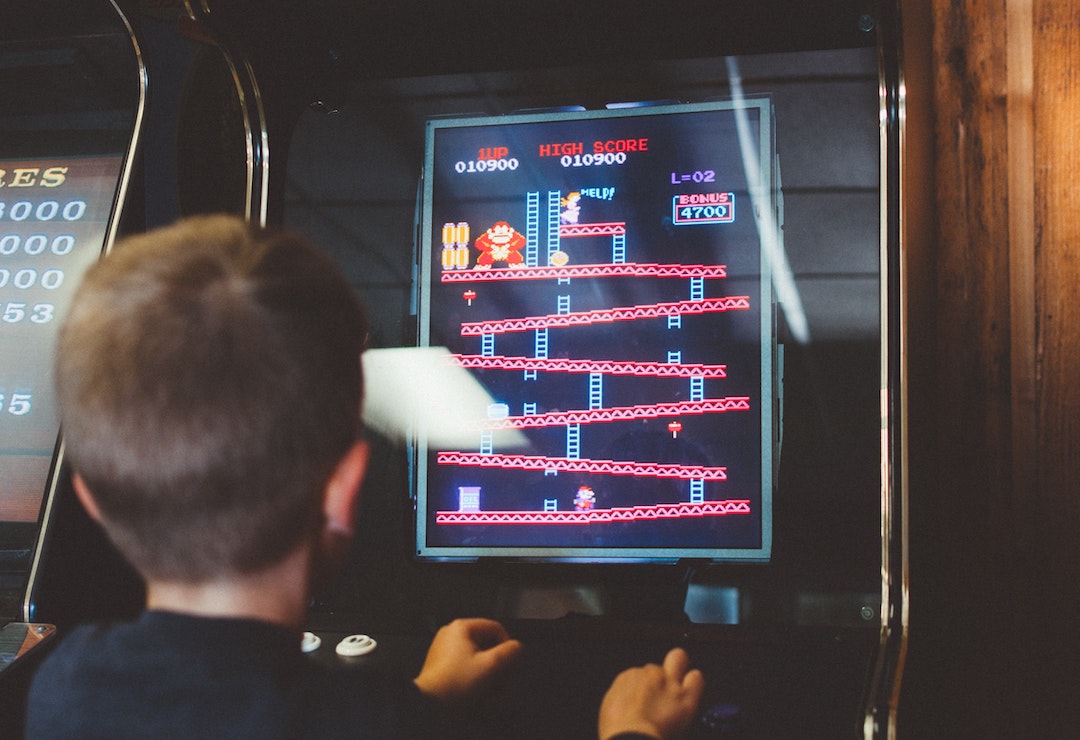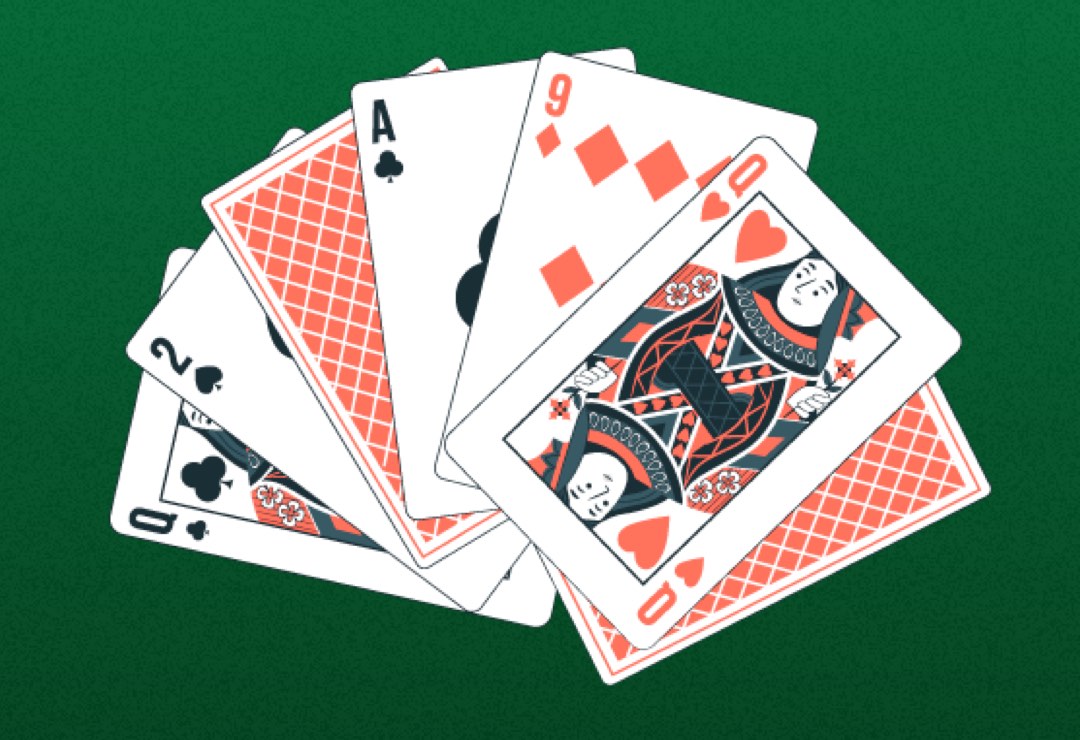The history of arcade games is undissociated from the history of video games. Although video games were already a reality when they were invented, these coin-operated machines were the vehicle that introduced the mass public to them.
When was arcade gaming invented?
Arcade games and machines can be traced back to the beginning of the 20th century, specifically to the 1930s when the first pinball machines were introduced.
However, the coin-operated, video-game machines that we now associate with the arcades were only created in the 60s.
Back then, Nolan Bushnell and Ted Dabney, two Americans studying engineering, played Spacewar! for the first time and were immediately fascinated by the computer game. After graduating from the University of Utah in 1968, the two began working on building a coin-operated machine with incorporated video games.
In 1970, Bushnell and Dabney created the first coin-op prototype with the game Computer Space, a clone of Spacewar!. A year later, their prototype was bought by Nutting Associates, a quiz machine manufacturer, which made Computer Space the first ever commercially available video game arcade machine.
However, it was not met with the expected success. The concept was yet too alien to players who found it hard to play.
The first successful arcade game
Bushnell and Dabney were not discouraged by the results of Computer Space. Instead, they began looking for new ideas for arcade games and found their inspiration after watching a demonstration of a ping pong game on the Magnavox Odyssey, the first video game console.
To bring their new game to life, the two founded their own company, Atari, Inc. Together with their first-ever employee, Al Acorn, they developed Pong. This was a simple game with two paddles on each side, a dotted line in the middle mirroring a net, and a white dot playing the role of a ball. The instructions were also straightforward: “Avoid missing the Ball for High Score”.
This simple concept proved to be a winning strategy. With clear rules and goals and basic gameplay, it was the perfect introduction to arcade games for consumers who had never played video games before.
Atari’s first Pong prototype was displayed at Andy Capp’s Tavern in Sunnyvale, California. It was met with astonishing success, with locals willing to stand in long queues just to have a chance of playing.
Nevertheless, Atari could not find a company willing to invest in the production of these coin-operated arcade machines. Certain of the potential of Pong, Bushnell and Dabney took a leap of faith and invested all they had into resources that allowed Atari to build the machines themselves.
The rest is history.
Pong became a major success not only in the US but worldwide, even entering the Guinness World Records in 1972 as the “First Commercially Successful Arcade Computer Game”.
Arcade gaming would thereon experience its most flourishing time, with several companies entering the market trying to compete with Atari, including many that rejected Pong's prototype.
The Golden Age of arcade gaming
Following the success of Pong, numerous companies particularly in the US and Japan began creating their own games and coin-op machines. In the subsequent years, consumers saw a surge in replicas of table tennis games and a few shy attempts at other types of arcade games.
Taito, a Japanese company, was the first to break the hegemony of Pong when it released Space Invaders in 1978. The game was a commercial success both in Japan and the US and was quick to take over other parts of the world too.
Space Invaders marks the beginning of what is called the Golden Age of arcade gaming. It was the first in a string of releases that are well-known to any arcade or video game player today, with many even becoming a part of pop culture.
Among the most famous arcade games released between 1978 and 1983, we find names such Asteroids (Atari, 1979), Pac-Man (Namco, 1980), Defender (Williams Electronics, 1981), and Donkey Kong (Nintendo, 1981).
The dwindle of arcade games
After 1986, arcade gaming experienced the first break in popularity due to the growth of home computers and consoles such as the Nintendo Entertainment System.
The beginning of the 90s started with a small recovery, thanks to the release of Street Fighter II (1991) and Mortal Kombat (1992). Nevertheless, the industry never recovered to the levels of the 80s.
Although it remained the largest sector of the video game industry until 96, it lost that title in the following year when the home consoles market finally surpassed it.
From then on, the arcade gaming industry kept on a steady decline, and coin-op machines are now only available in arcade centers and selected places with a nostalgic theme.
A new era?
Although arcade machines are no longer what they used to be, their games seem to have survived the test of time. Be it due to the nostalgia of older players or because new ones are still discovering the beauty of the simple, yet fun games that marked the 70s and 80s, many are making a comeback as online games.
Most are still under copyright law and their presence on the web is not always legal. However, because they are easy to reproduce, many developers are creating replicas and remakes that can be played for free without raising any legal issues.
Even if arcade game machines keep waning, their games live on to enchant and entertain a new set of customers.




